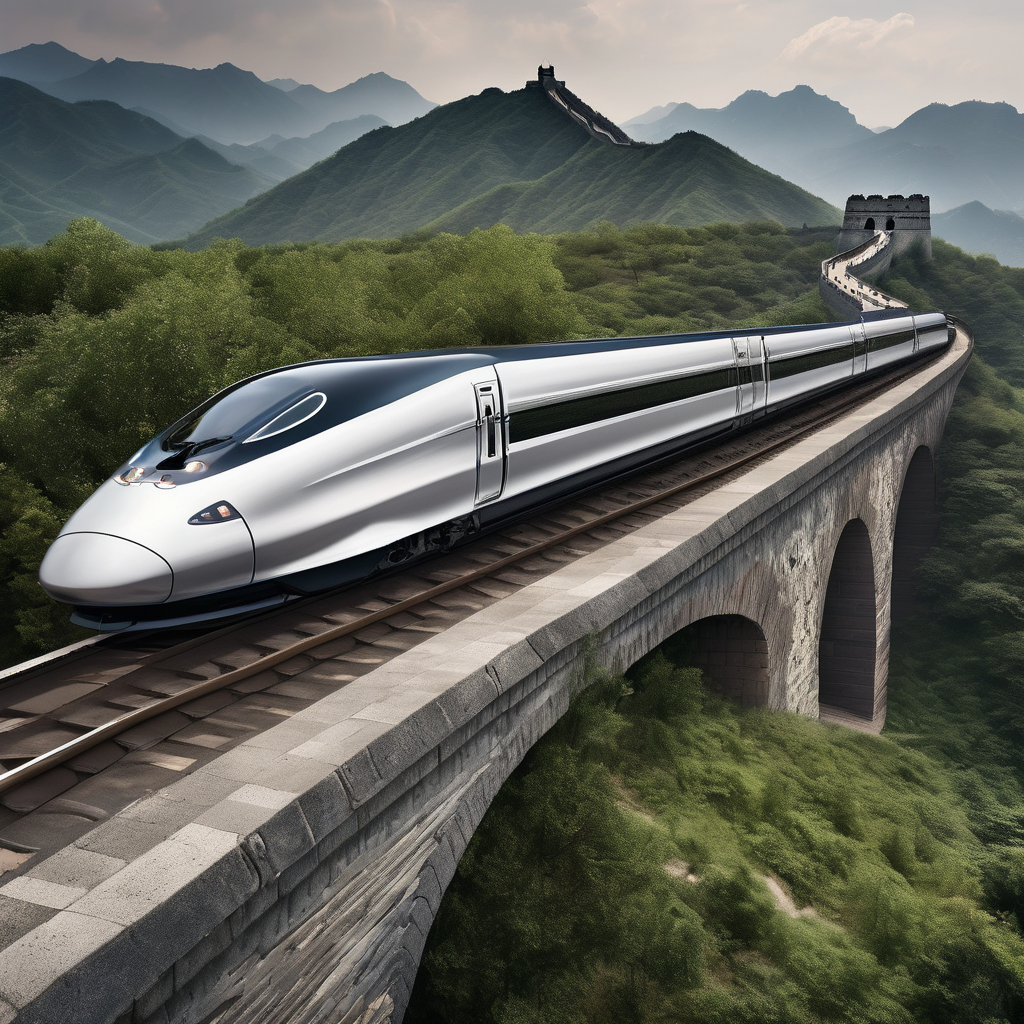Germany’s finance minister, Lars Klingbeil, is set to make history as the first member of the new coalition government to visit China, amidst growing pressures regarding the country’s China policy. The backdrop to this visit is a widening trade gap and precarious supply chains that have left Germany in a vulnerable position. More than six months into the conservative-led coalition government’s tenure, this visit is seen as a crucial step in demonstrating its capability to manage the complexities of relations with Beijing.
Klingbeil’s trip follows the cancellation of a planned visit by Foreign Minister Johann Wadephul, which was thwarted when China declined most of the proposed agenda items. During his visit, Klingbeil aims to focus on significant trade discussions, particularly concerning China’s restrictions on rare earth elements, an essential resource for multiple industries. His schedule includes a meeting with Chinese Vice Premier He Lifeng to partake in the established German-Chinese financial dialogue framework initiated back in 2015. Alongside him are Bundesbank President Joachim Nagel and a small delegation from German banks and insurance companies.
The importance of this visit cannot be understated, as it comes at a time when Germany faces a record trade deficit with China projected at 87 billion euros ($101.46 billion) for the year. German exports to China have notably declined by 13.5% year-on-year, while imports have increased by 8.3%. This imbalance has left Germany exposed to the risks associated with China’s economic practices, which are increasingly seen as a threat to the competitiveness of German industries.
Chinese constraints on the trade of rare earths and an ongoing dispute concerning the automotive chip supplier Nexperia have highlighted the urgency for Europe to reevaluate its trade stance towards China. Many in Germany are urging a comprehensive reassessment of the country’s dependence on China, especially for critical materials that are pivotal for industrial exports. As political will is tested, some experts suggest that only decisive actions can spur necessary changes in policy.
The current geopolitical environment, particularly the ramifications of U.S. President Donald Trump’s trade policies, which have diverted Chinese goods to European markets, adds an extra layer of complexity to the issue. The German government emphasizes that transparent dialogue with China is imperative to avoid conflating economic and political interests, a sentiment echoed by various industry leaders who are raising alarms over competition with China.
Looking ahead, Klingbeil’s discussions might pave the way for more robust measures to enhance Germany’s competitiveness and recalibrate its position within global trade dynamics. The outcome of this visit could be pivotal, not only for Germany’s economic strategy but also for its positioning within the European Union as it navigates its intricate relationship with China. There remains cautious optimism that through open dialogue and strategic cooperation, Germany and China can cultivate a more balanced and mutually beneficial trading environment.
